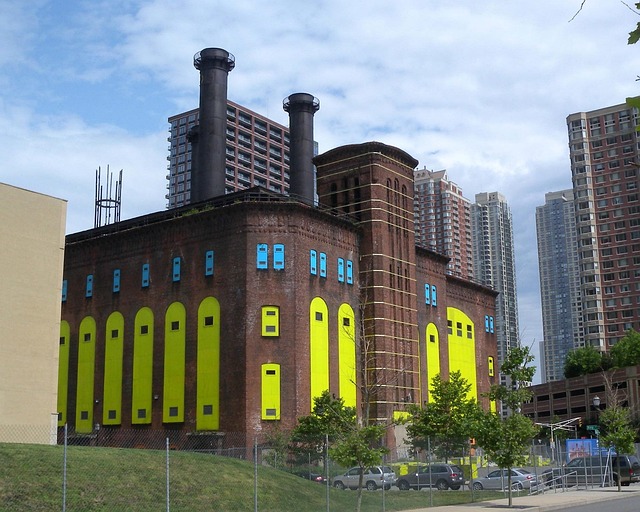Clergy abuse in Jersey City, NJ, covers emotional manipulation, financial exploitation, physical, or sexual assault, often violating civil and criminal laws. Victims seek clergy abuse attorneys in Jersey City, NJ, for specialized legal help to pursue justice against abusers or institutions through civil lawsuits, criminal charges, or both. Prompt action is crucial to preserve evidence and protect rights. These lawyers navigate church laws, offer strategic guidance, interpret policies, and represent clients in negotiations or court, aiming to secure justice and healing.
In Jersey City, NJ, the issue of clergy abuse demands careful consideration. This article explores the legal dimensions, empowering victims with knowledge about their rights and options. We delve into the unique challenges of identifying and prosecuting clergy abuse, highlighting the crucial role of specialized clergy abuse attorneys in navigating complex legal processes. Understanding common forms of abuse and available resources is essential for healing and justice.
Understanding Clergy Abuse: Legal Definition and Common Forms in Jersey City, NJ
In Jersey City, NJ, clergy abuse refers to any form of mistreatment or exploitation committed by religious leaders against their congregants. This can encompass a range of malicious acts, including emotional manipulation, financial exploitation, and physical or sexual abuse. It’s important to note that these offenses are not limited to physical interactions; verbal assaults and psychological coercion can also fall under this category.
The legal definition of clergy abuse is broad, encompassing any behavior that violates civil or criminal laws. Common forms include fraud, embezzlement, harassment, assault, battery, and sexual misconduct. Victims of such abuses often find solace in seeking help from clergy abuse attorneys in Jersey City NJ. These legal professionals specialize in navigating complex cases involving religious institutions, ensuring that victims’ rights are protected and justice is served.
Exploring Legal Options: Rights, Resources, and Potential Actions for Victims
If you’ve experienced clergy abuse in Jersey City, NJ, understanding your legal options is a crucial step toward justice and healing. Many victims of sexual or emotional misconduct by religious leaders may feel overwhelmed or unsure where to turn for help. The first step is to reach out to a reputable clergy abuse attorneys in Jersey City who specialize in these cases. These legal professionals can provide guidance tailored to your situation, explaining the potential actions available to you.
Victims have several resources at their disposal, including civil lawsuits against the abuser and/or the institution responsible for their oversight. Depending on the circumstances, criminal charges might also be pursued. Clergy abuse attorneys in Jersey City can help navigate these complex issues, ensuring victims’ rights are protected throughout the process. It’s important to remember that seeking legal counsel prompt action is often crucial in preserving evidence and safeguarding your ability to pursue justice.
The Role of Clergy Abuse Attorneys in Navigating Legal Processes in Jersey City, NJ
In cases of clergy abuse in Jersey City, NJ, the role of specialized clergy abuse attorneys is invaluable. These legal professionals are equipped to navigate complex legal processes and advocate for victims’ rights within the unique context of religious institutions. They possess an in-depth understanding of church laws, doctrines, and internal structures, which often differ significantly from secular legal frameworks. This expertise allows them to guide clients through intricate matters, ensuring their cases are handled with sensitivity and precision.
Clergy abuse attorneys in Jersey City play a pivotal role in supporting victims by offering strategic guidance tailored to their specific circumstances. They help interpret church policies and procedures, identify potential legal avenues for redress, and represent clients in negotiations or court proceedings. Their goal is not only to secure justice but also to foster healing for those affected by clergy abuse, ensuring that the legal process contributes to a safe and supportive resolution.





